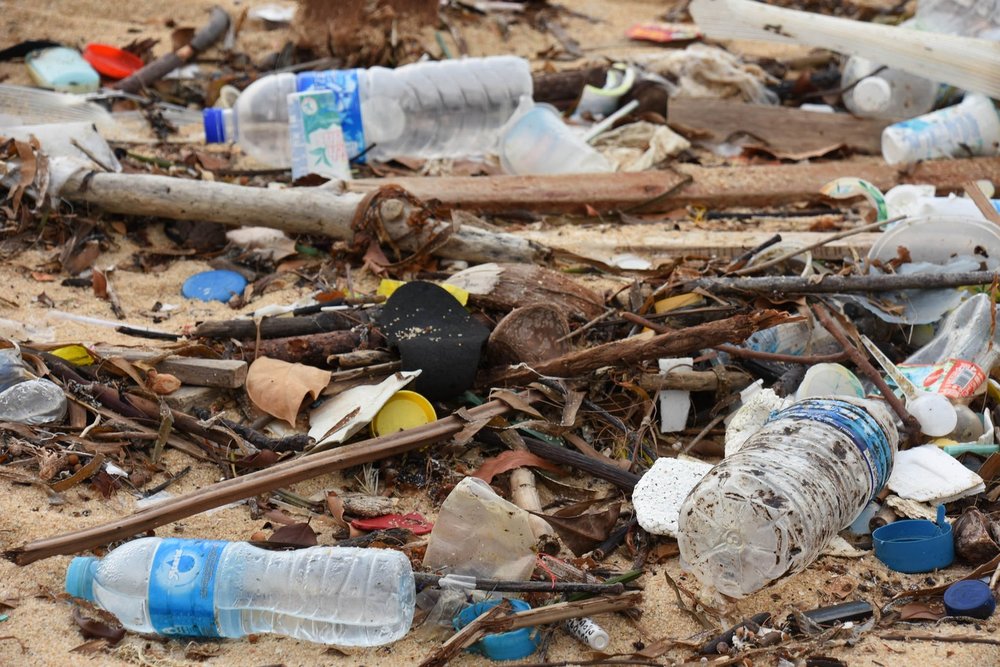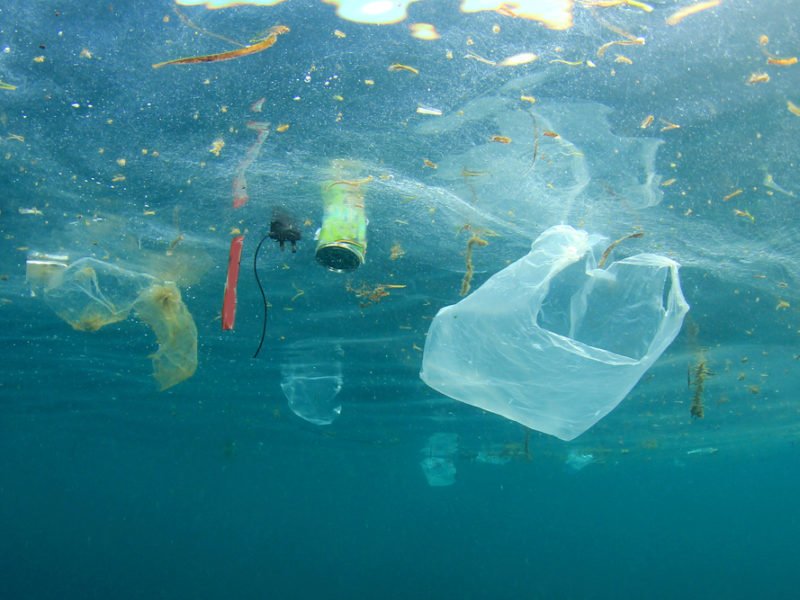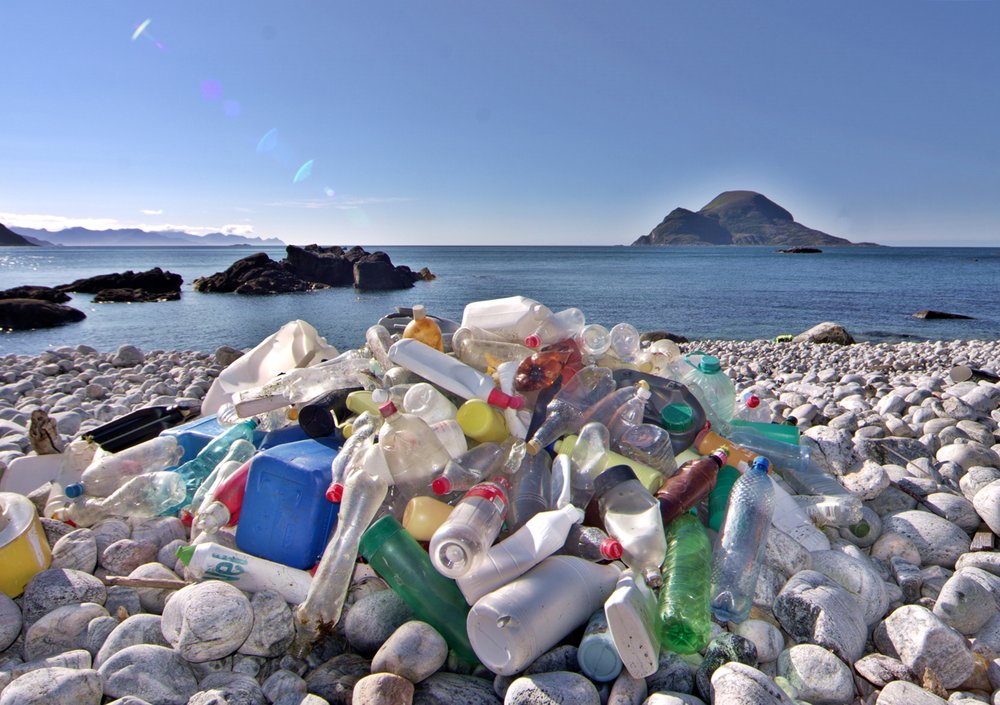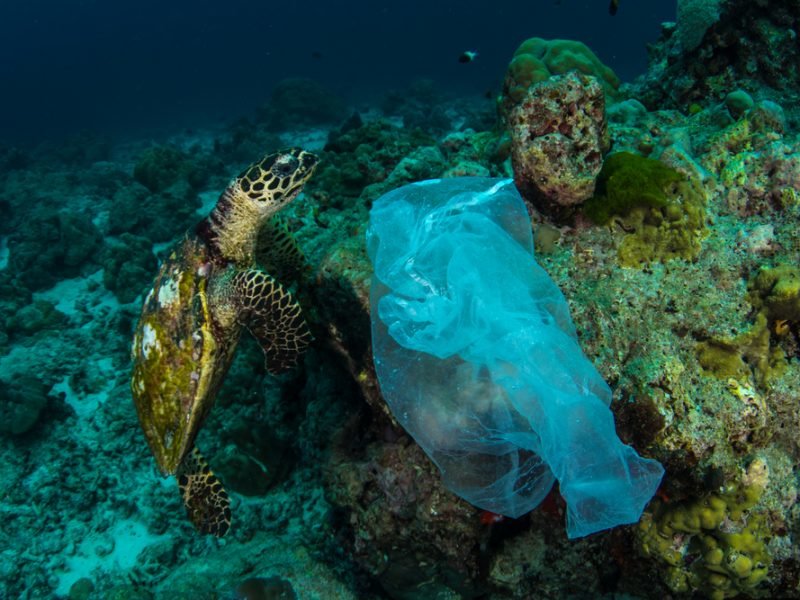It has been a couple of decades since plastic was invented, at first, it was such a clever invention for mankind. There are bags, utensils and more, in fact, there are a lot of things nowadays that are basically made of plastic. People think that these are such great help, in a way it is, but only to humans.
Plastic has polluted the environment to such an extent that it is not benefiting other living things such as the animals, who end up dying after consuming it since they think it is food. The effects of plastic pollution may not actually be seen by just looking around, but it has actually changed the world in a really bad way.

This is one of the reasons why lots of countries nowadays are trying to get rid of these plastics, it may be a slow progress but it helps in many possible ways. However, a group of scientists have actually created some sort of an enzyme that has the ability break down plastic bottles. It seems to be such a great invention but it was actually created by accident, continue reading to find out more about it.
Mutant Enzyme Eats Plastic Bottles
In 2016, a group of scientist have discovered that there is exists a bacteria that could eat plastic. This could be seen as a solution to solve the plastic pollution of the world.
This discovery happened in a waste dump in Japan and about two years after the discovery, the scientists can now confirm this amazing news giving much detailed information about the miracle fix. It turns out that this particular bacteria actually evolved into something that could eat plastic bottles, this was based from the tweaking experiments of the scientists when they were doing their research to actually find out how it had evolved.
This research then led them to another accidental discovery wherein the tests that they had conducted revealed that the molecules have the ability to break down polyethylene terephtalate or PET, which is the kind of plastic that is being used to mass manufacture plastic bottles.

According to the leader of this research, Professor John McGeehan from the University of Portsmouth, it did shock them that they accidentally improved the said enzyme and they were very glad that it happened.
He explained that the enzyme could break down the plastic within just a few days and it is indeed such a great sign because it is obviously better the natural rate of decomposition of plastics which may take centuries and ruin land and water too. However, they are hoping to make the breaking down rate even faster.
McGeehan stated that they are still working on how to turn back the plastic into its original components using the enzyme, making it even better since it is just like recycling the plastic itself. This could be a great way to reduce the amount of plastic that is polluting the world nowadays.

Plastics Are Toxic
Unfortunately, only 14 percent of all the plastics are currently being recycled and that is compared to more than a million plastic bottles being sold every single minute all over the world. So technically, a huge percentage ends up in the bodies of water that causes the pollution. This harms all the marine life and even people who eat seafood because there are particles of plastic that are usually eaten by and fishes that cannot be seen by the naked eye.
That would simply mean that humans have most likely already consumed plastic particles without them knowing it. McGeehan even mentioned how there may be a lot of things that mankind has invented but plastic is the most durable one because it is simply degradation resistant.

McGeehan also explained how manufacturers find it incredibly easy to simply just generate what is cheaper for them, and what they have just discovered could encourage these multi-million companies to recycle plastic bottles with the help of these enzymes so it could be turned into new plastic once again and then sold off for whatever purpose required. This cycle wouldn’t just help them as a company but also the environment which is the most important thing. After all, it is planet and people which should come before profits!





